KaCaMa Design Lab : Reconnect the community and Promotes Public Participation in Recycling
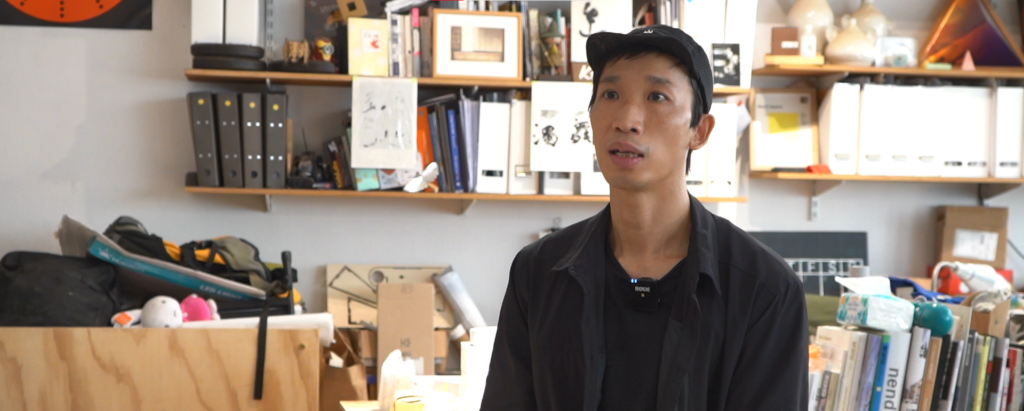
While most people would not bother to take action when it comes to environmental protection and recycling, KaCaMa Design Lab, being dedicated to sustainable design, makes use of discarded materials and extends their lifespans by recycling them for creative work. Apart from doing their own creations, they also hold community events to help the public build the habit of recycling, reconnecting the people in the “concrete jungle”.
“The situation has improved over the past ten years. We (the public) will no longer think that the cost of creating with recycled resources is low.” Match, one of the founders, said that the public may thought that you were simply making profit using discarded materials for creative work in the past, but the fact is that it may even be more expensive that creating with new materials, as the cost includes recycling and sorting out the materials as well as creating the work itself. He admitted that it is easy to make different creations at a low cost and buy different products at a low price in a convenient city like Hong Kong. To do some actual work in recycling and sustainable development, the cost must be higher and it depends on the efforts and support of the public to promote these concepts. Still, increasing public willingness to support products of sustainable design is a major challenge, but KaCaMa Design Lab has their own way of doing it.
照片由受訪者提供Photo courtesy of KaCaMa design lab
The key to bring sustainable design to the community
“There are stories behind the materials collected in the community. We hope to involve all the stakeholders in the community in the process of collection and creation.” Match believes that it is necessary to start with materials that the public are more familiar with in order to make them more willing to support sustainable design. He said the recycled materials mostly come from the community. For example, he once had to design some outdoor furniture for a school. He took the students to walk around the community to look for discarded materials from a garage nearby and encouraged them to get involved throughout the entire process, from designing to making the products. It didn’t only enable the students to engage in the design of the school facilities, but it also connected the students, the school and the community together through witnessing the upcycling. This can help the public understand that discarded materials are still some useful resources, encouraging them to support sustainable design.
In addition to product design, community design is also one of the main focuses of KaCaMa Design Lab. Match recalled the design project of Mody Road Gardens, in which they redesigned the less commonly used public facilities. He thinks that was an unforgettable experience to him as they were able to reflect the concept of sustainable design in the space. For example, they co-organized an activity with other organizations in the redesigned public area to let the public exchange unwanted objects and give the objects a second life, as well as an impromptu talent show for the public to perform. The space was revitalized and provided a platform to educate the public on environmental protection and recycling issues, connecting the people in the community.
照片由受訪者提供Photo courtesy of KaCaMa design lab
Discover the discarded resources in the community and raise public awareness
Bringing sustainable design into the Hong Kong community has always been their goal. In order to narrow the gap between the daily life of the public and recycling, they recently collaborated with Work, Sheet Studio to create a series of furniture called “Tea-mate”, making furniture like chairs with “tea bricks” made from recycled tea leaves. Match wants to recycle different materials discovered in daily life for doing creative work and introduce them back to society, so as to connect with the public and make them reflect on how to reduce waste in daily life. He also hopes that through his creative work, everyone would understand that recycled materials can be used to create something beautiful and practical. And he hopes that these furniture will be widely used in the future and bring sustainable design into our daily life.
照片由受訪者提供Photo courtesy of KaCaMa design lab

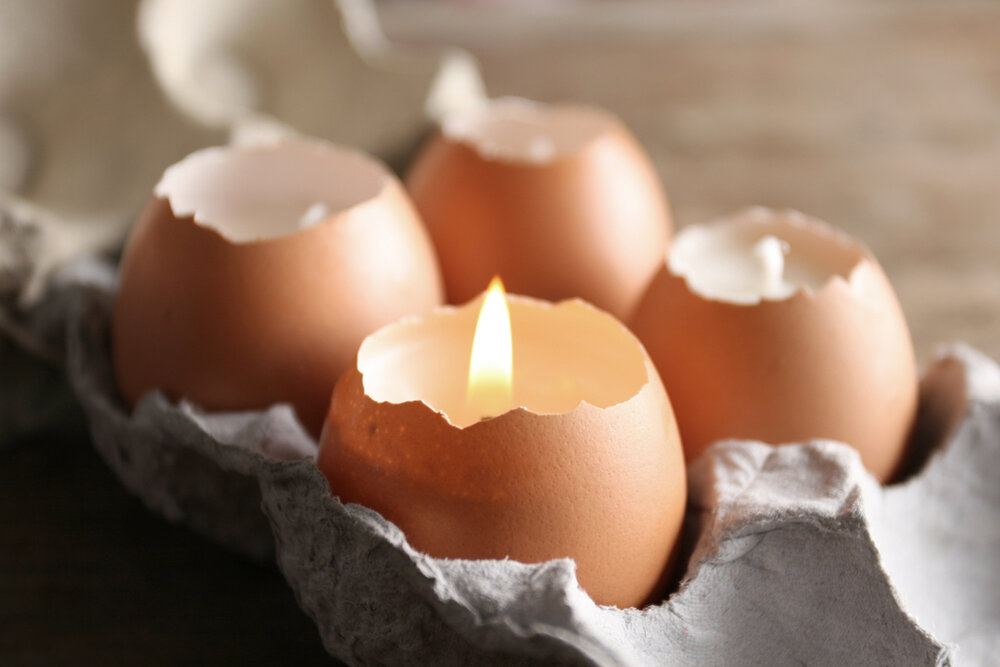
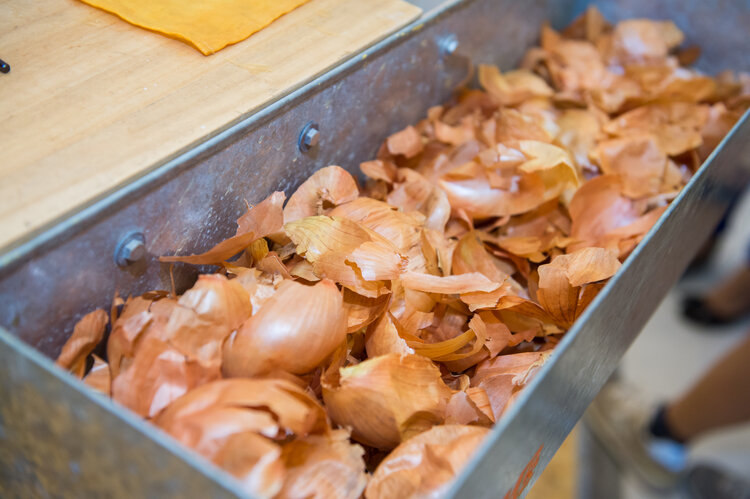
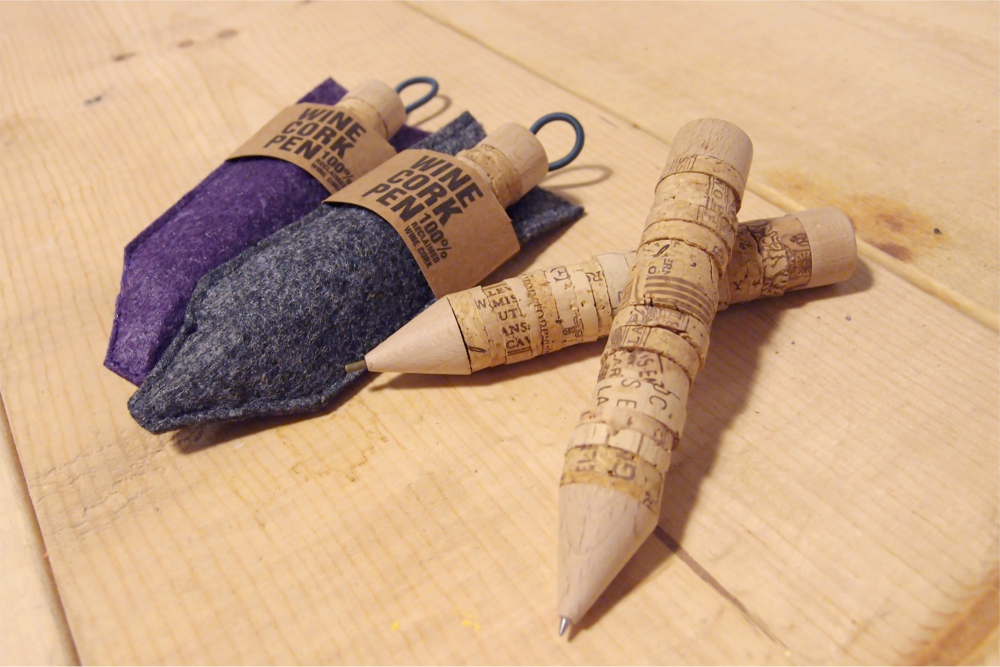

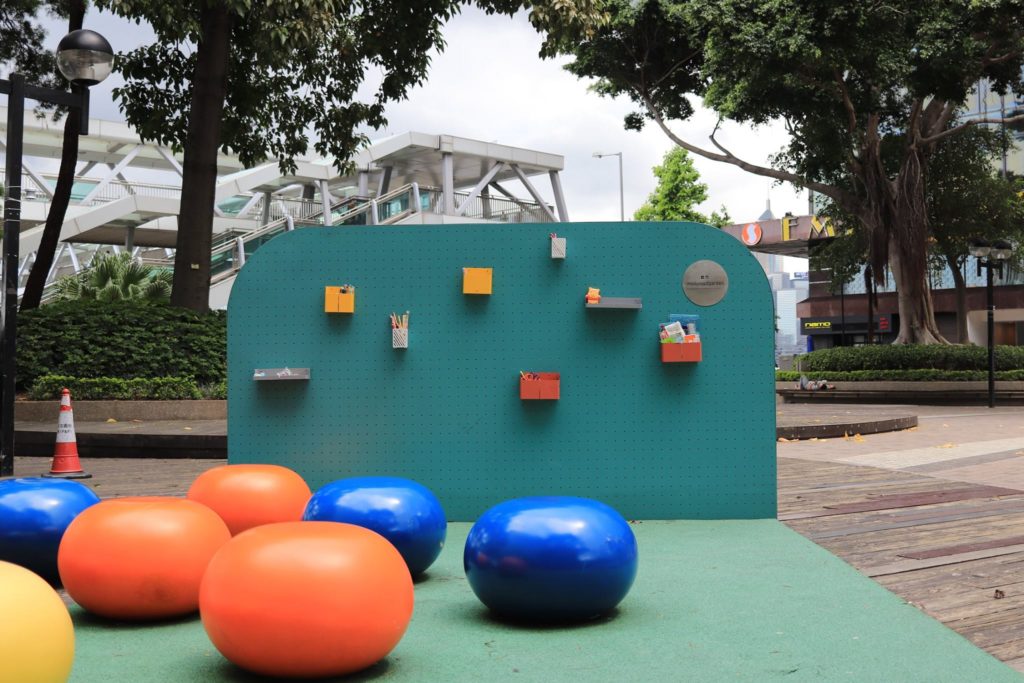
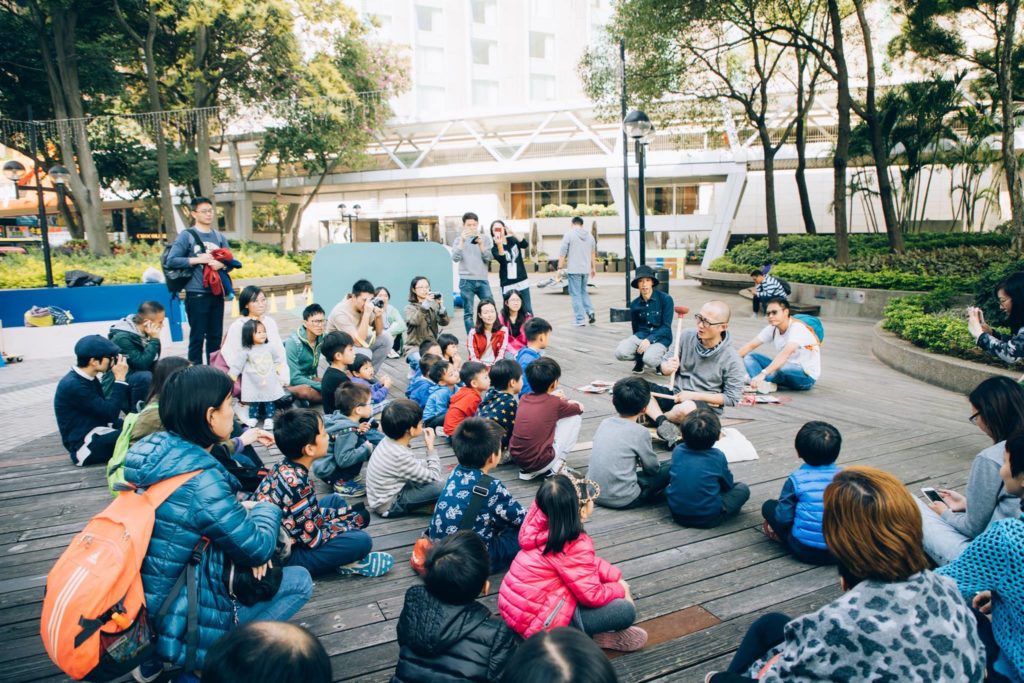
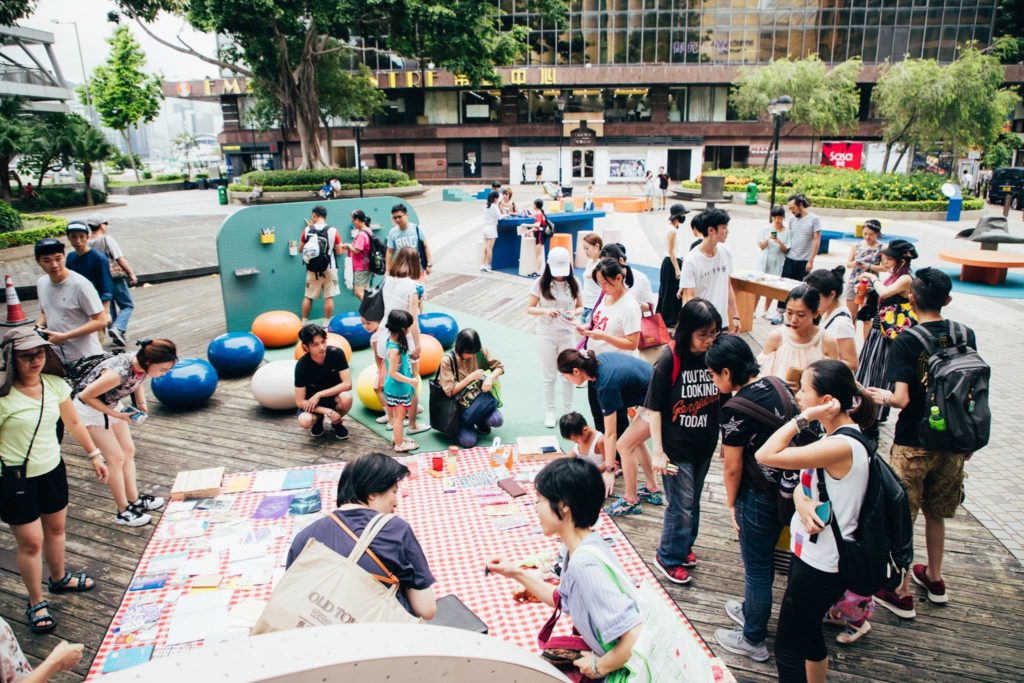

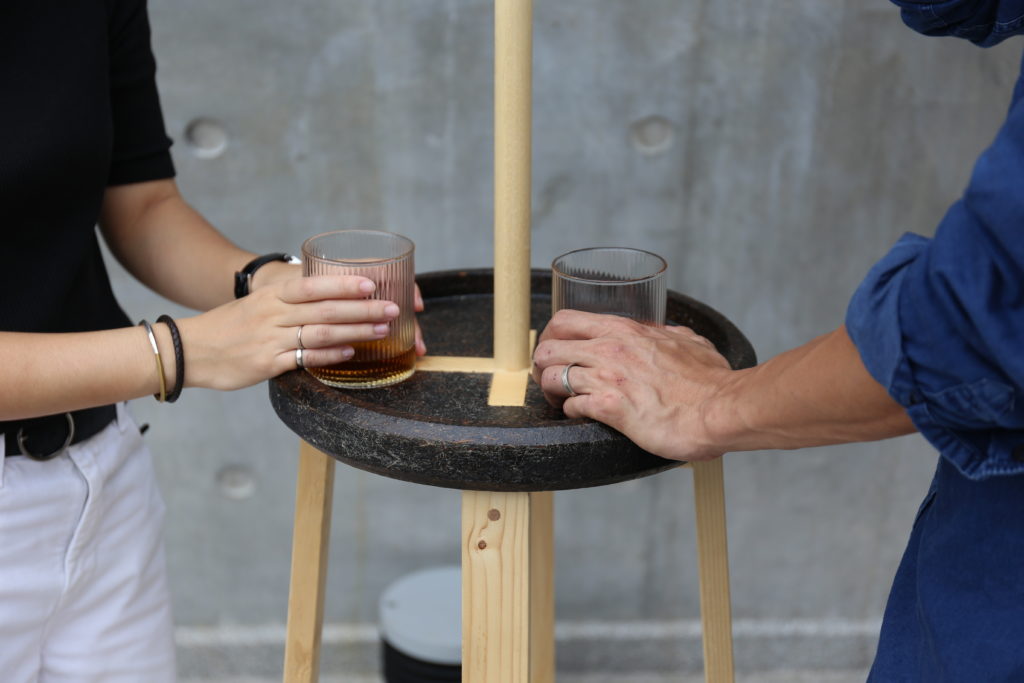
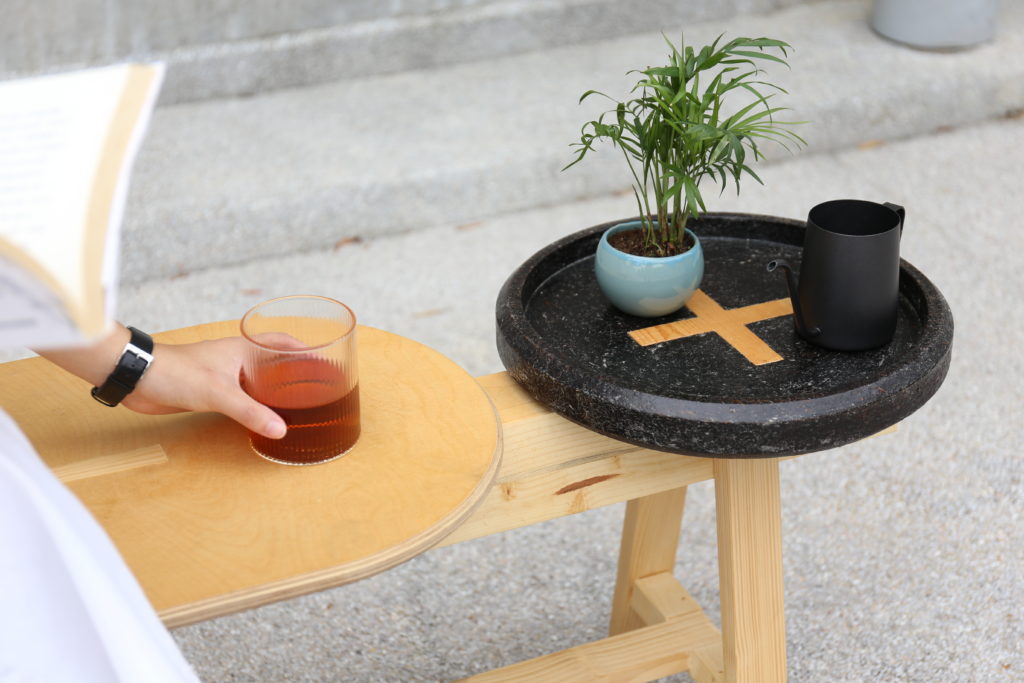
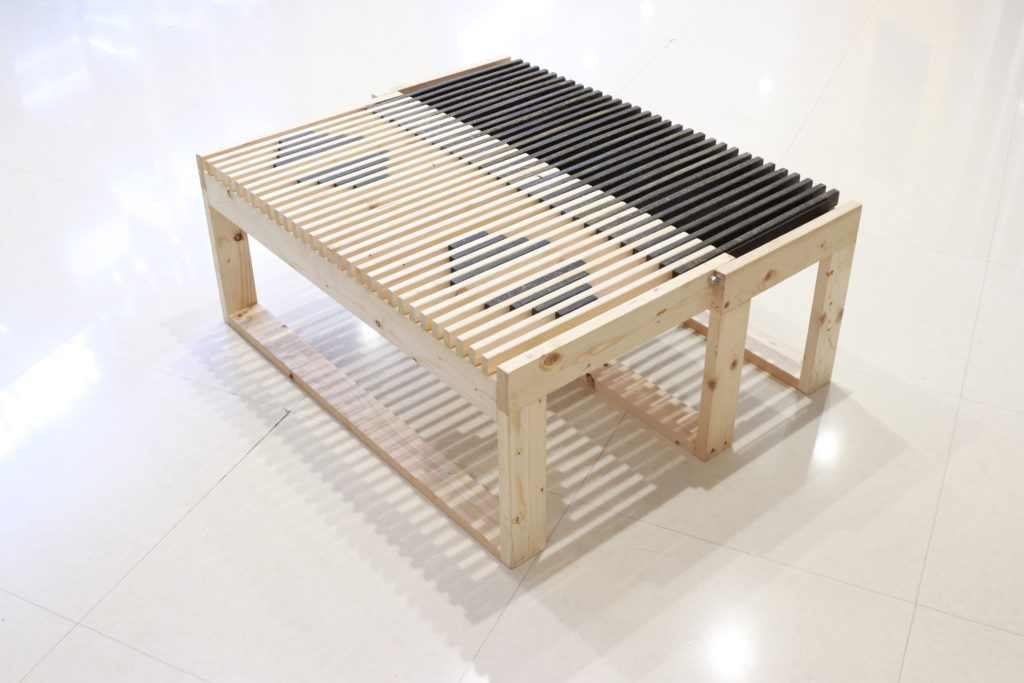
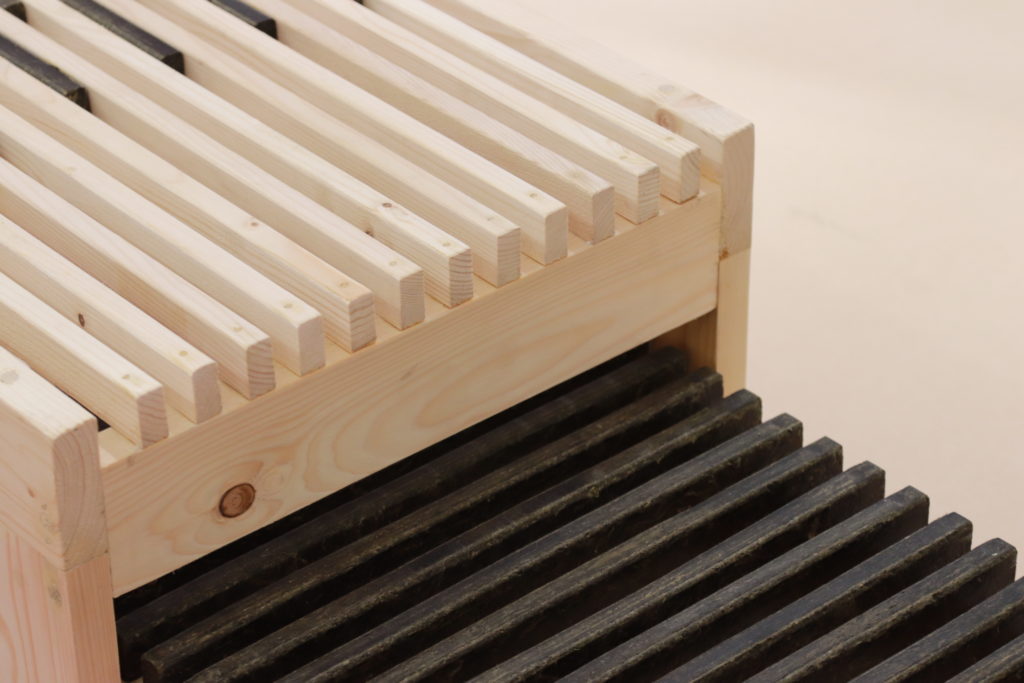
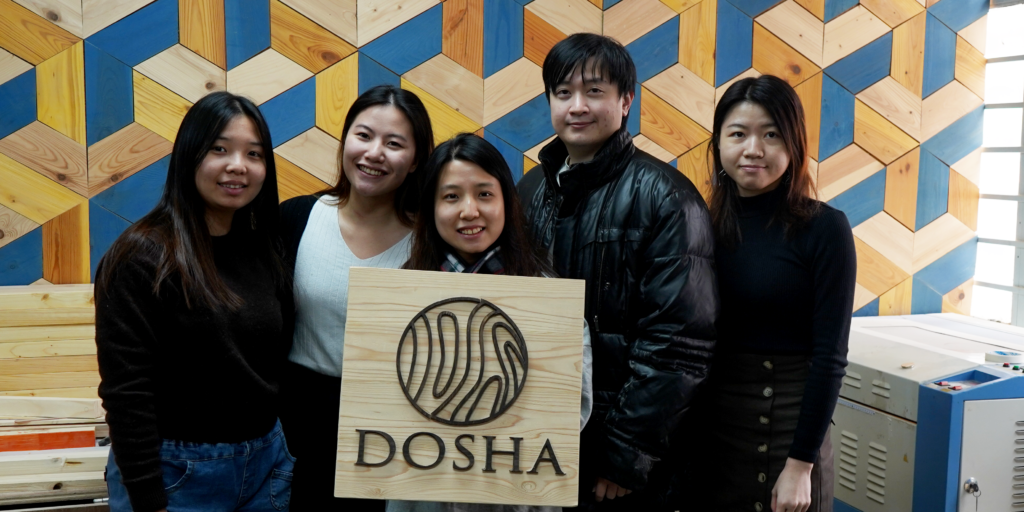
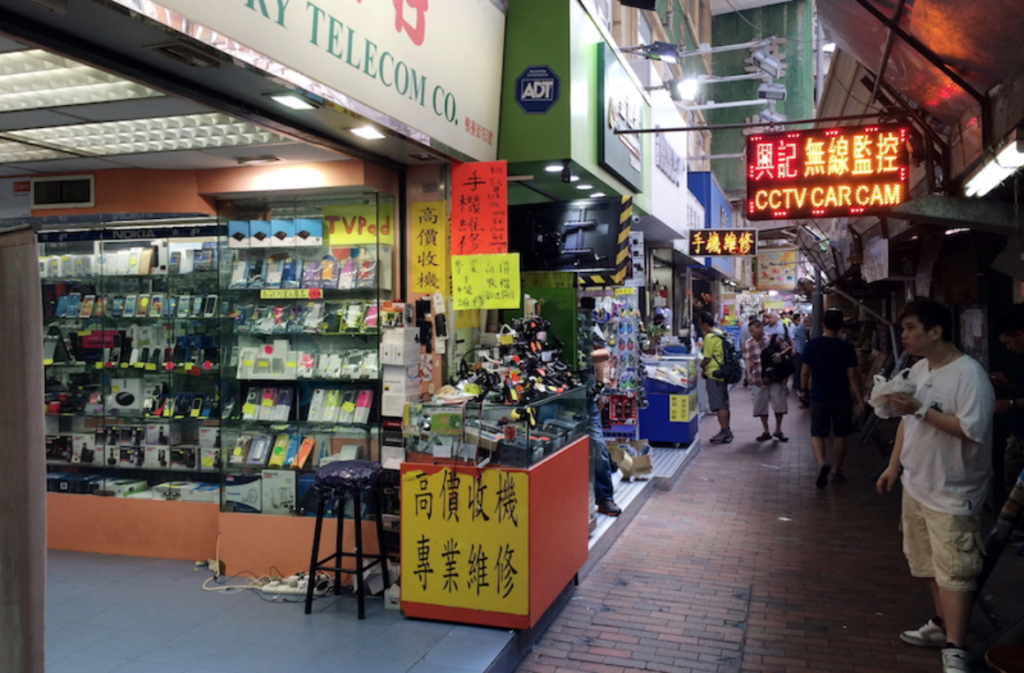
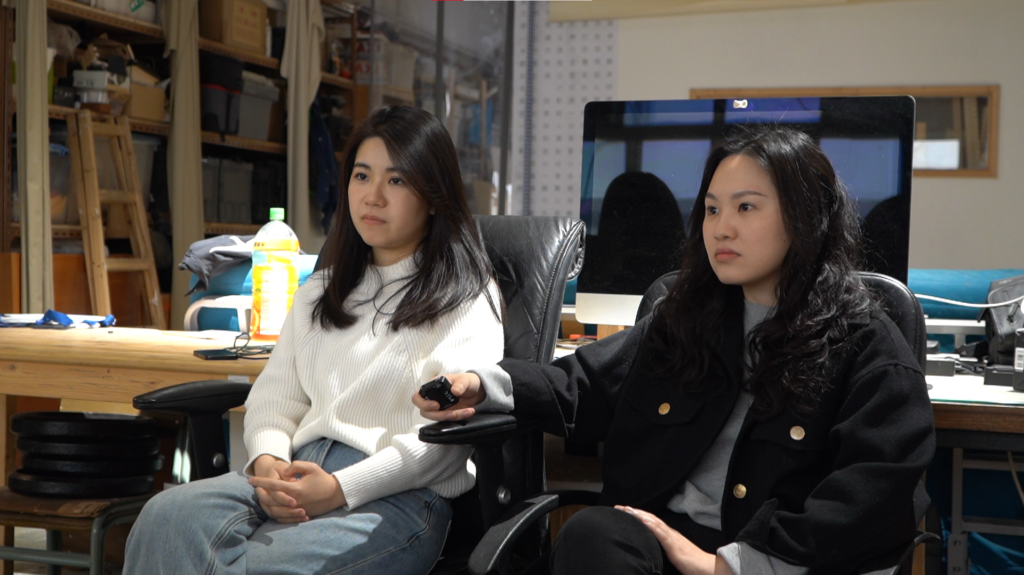
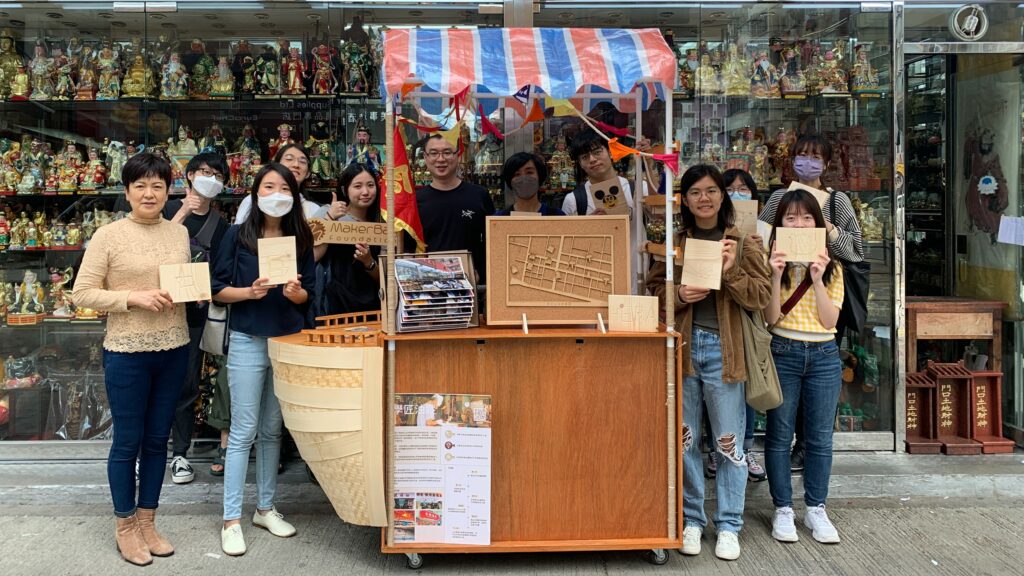
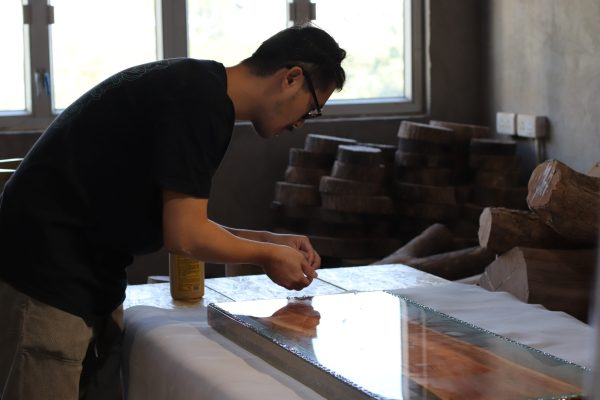

Responses